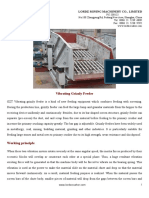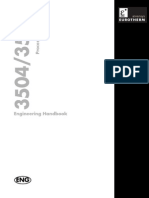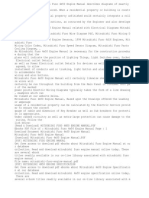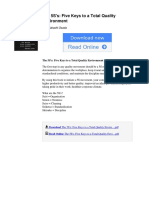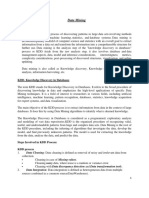0% found this document useful (0 votes)
7 views2 pagesTEST Value
Java is a high-level, object-oriented, platform-independent programming language developed by Sun Microsystems, now owned by Oracle, featuring robust security and automatic memory management. Its architecture includes JDK, JRE, and JVM, while core concepts encompass data types, OOP principles, and access modifiers. Advanced features include the Collections Framework, multithreading, and Java EE components for full-stack development.
Uploaded by
sedhuram135Copyright
© © All Rights Reserved
We take content rights seriously. If you suspect this is your content, claim it here.
Available Formats
Download as TXT, PDF, TXT or read online on Scribd
0% found this document useful (0 votes)
7 views2 pagesTEST Value
Java is a high-level, object-oriented, platform-independent programming language developed by Sun Microsystems, now owned by Oracle, featuring robust security and automatic memory management. Its architecture includes JDK, JRE, and JVM, while core concepts encompass data types, OOP principles, and access modifiers. Advanced features include the Collections Framework, multithreading, and Java EE components for full-stack development.
Uploaded by
sedhuram135Copyright
© © All Rights Reserved
We take content rights seriously. If you suspect this is your content, claim it here.
Available Formats
Download as TXT, PDF, TXT or read online on Scribd
/ 2








































































